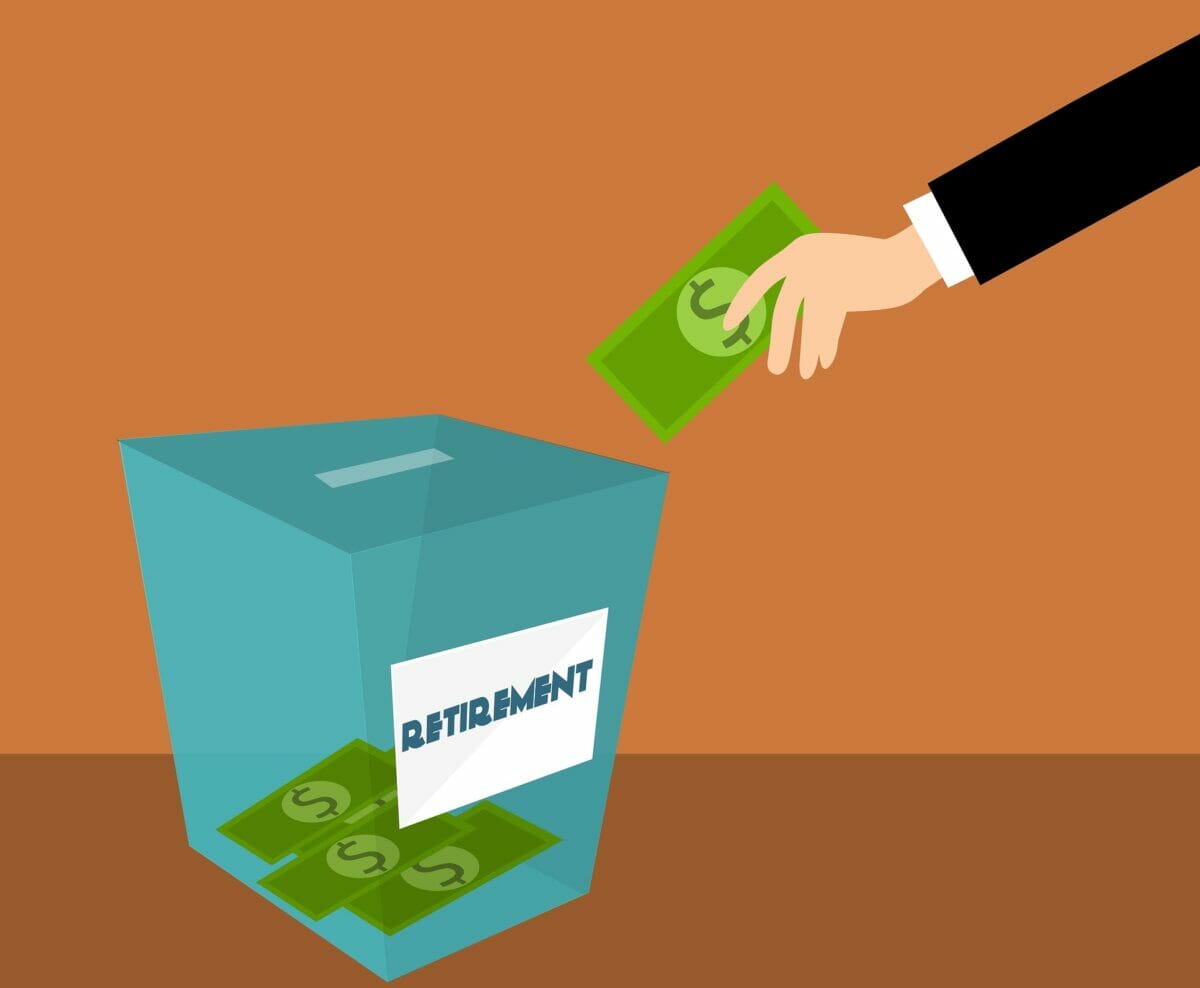Following news of the review of the automatic enrolment earnings trigger and qualifying earnings band for 2024/25, Jon Greer, head of retirement policy at Quilter, has shared his response with us as follows:
“Given we are nearing an election and the nation is still dealing with a cost of living crisis it is unsurprising that the Department of Work and Pensions (DWP) has opted not to rock the boat with its Automatic Enrolment review. However, the economy is not frozen and therefore keeping these measures frozen has some not insignificant impacts.
The AE earnings trigger, the point at which an individual’s salary opts them in for automatic enrolment to their workplace pension scheme, has been kept at £10,000. Similarly, the DWP will continue to freeze the lower earnings limit, the point from which an individual’s earnings are used to calculate the amount of pension contributions that will be paid into a scheme, at £6,240.
However, by opting to keep the lower earnings level and earnings trigger frozen there will in fact be an increase in the number of people auto enrolled. Similarly, keeping the earnings trigger frozen means there will be an increase in earnings due to wage growth.
Drilling down into the data further we can see that total employer contributions will increase by an estimated 4.5% and total employee contributions by 3.7% simply as a result of freezing these measures. Similarly had the trigger been increased to be in line with the personal allowance there would have been a decrease in the number of savers by approximately 152,000. Maintaining the trigger at £10,000 for 2024 to 2025 will see private sector participation at 15.8 million in total and total annual contributions at £76 billion.
This comes despite a bill to remove the lower earnings limit and reduce the age of enrolment receiving Royal Assent in September 2023. In today’s analysis of its review the government pledged to carry out a consultation on the implementation of these measures at the “earliest opportunity”, which seems vague at best.
Following the success of Auto-Enrolment there is a growing sense that some changes need to be made to help the policy continue to help boost pension saving but the timing clearly is not right as reducing the earnings trigger or lower earnings limit could effectively amount to a pay cut when people are already struggling.
While saving for retirement is key, low income workers must balance this need with hanging on to as much of their money as possible to stay afloat in this economic climate. That said, we do need to have a timeline for tweaking this successful policy to ensure it works for people.“

















